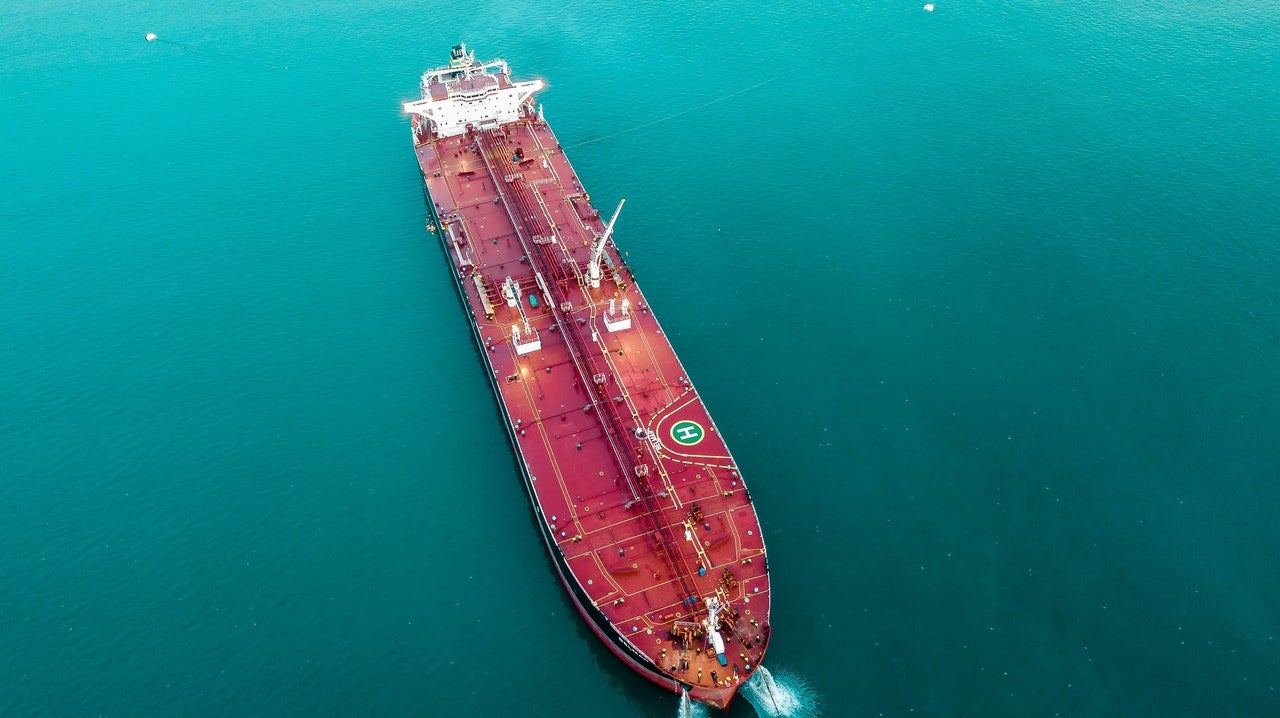
Many experts believe that autonomous ships could bring the shipping industry into an era of unprecedented technological innovation by the end of the decade.
According to a report published by market research firm MarketandMarkets, the autonomous ship market was worth $5.8bn in 2020 and is expected to reach $14.2bn by 2030, at an annual growth rate of 9.3%.
In the UK, this growth could be hindered by a lack of government understanding and regulation, as legislation has traditionally been framed with the assumption that seafarers will always be fundamental for ship operation.
In 2018, the Maritime and Coastguard Agency (MCA) established the Maritime Autonomy Regulation Lab (MARLab) to create a point of contact between the UK Government, academia and the shipping industry, which is asking for guidance to facilitate testing and operations of maritime autonomous surface ships (MASS).
MARLab was funded by the UK Department for Business, Energy and Industrial Strategy through its Regulators’ Pioneer Fund. The programme received £1m to develop new regulations that would be fit for MASS and smart shipping while working on new industrial technologies.
Running from November 2018 to September 2020, MARLab was divided into two areas. Some of the project’s stakeholders worked on reviewing key legislation that could be a barrier to MASS testing, whilst others gathered information on how to support the industry’s innovation from a government perspective.
Removing barriers and updating legislation
At the regional, national and international level, regulatory bodies still see autonomous shipping as a challenge and continue to write legislation assuming there will always be crews on board.
To help the UK Government adapt to changes in the industry, MARLab has focused on looking at existing laws, identifying those that represented a potential barrier to MASS testing in British waters.
Recruited by MARLab, the National Oceanography Centre (NOC) lead an operational and legal review of existing legislation, such as the Merchant Shipping Act of 1995. The team set up an advisory board to see if the Act – which when passed cemented most of the UK maritime legislation – could become a barrier to testing MASS vessels under 24m in length.
The NOC found out that, while there were no provisions in the act that explicitly prohibited MASS operations, some areas in the legislation were too vague and could potentially lead to compliance issues.
Working alongside the NOC was the Policy Lab. Established by the Cabinet Office, the lab aimed to restore the industry’s confidence in regulation, enabling MASS innovation and testing.
To understand whether regulations presented a barrier to the development of MASS and needed to be amended, the Policy Lab conducted a cross-sector review, gathering opinions from industry stakeholders and academia.
The information was then gathered into different regulatory maps, evidence discovery cards and stakeholder network maps. What emerged was that the MASS industry is larger and more complex than initially expected, with many policies potentially representing challenges for the development of autonomous vessels.
Creating an accessible dataset using government data
To explore how UK Government data can support innovation in the field of MASS and smart ships, MARLab recruited consultant firm Solis Marine and maritime intelligence company Maritrace to create a data platform for the industry to use and give feedback.
“The purpose of our [work] was to have a look at the requirements of the MASS industry and then provide a test platform to see how various government sources could be shared with the industry to encourage innovation and testing,” explains Solis Marine managing partner Rosalind Blazejczyk.
“We created an online data sharing portal and then we tested that and got feedback from the industry.”
According to Blazejczyk, who contributed to MARLab’s reports, Solis Marine initially carried out a nationwide industry consultation, asking MASS manufacturers and industry stakeholders what the most important type of data was for them.
Automatic identification system, tidal data and data from the UK Hydrographic Office and the Met Office were listed as the most valuable. “We went out to the industry and said [we would] prioritise the data sources they found to be of value,” she adds. “Then we sourced that with mostly government sources, feeding it into our data platform so that the industry could then access it.”
These findings emphasised the industry’s strong appetite for data from secure sources gathered in an accessible platform for the whole country.
“[Industry stakeholders] do see the value in government-provided data because it has that [certain] level of assurance and quality that comes with it,” says Blazejczyk.
Given that MARLab stopped running in September 2020, will the industry ever see an accessible dataset?
“It didn’t really fall within the remit of the MCA to continue with this work and so, at the moment, we’re looking for options as to how we can build on the prototype data portal,” she concludes. “We’re looking at how we can develop that work and take it forward, outside of the MCA’s [jurisdiction].”
Building on MARLab’s legacy
Despite coming to an end in September 2020, the MARLab project is far from over. The MCA has now established the Maritime Future Technologies (MFT) team, which will take MARLab’s place as the interface between the MCA, academia and the industry.
The MFT’s role will be to facilitate the implementation of MASS trials and projects, as well as support regulatory updates to improve autonomy.
Through the MFT, the MCA will also look at other markets, including aerospace and manufacturing, and compare their approach to the regulation of autonomous machines, focusing specifically on how they can increase productivity and decrease costs.
The MCA is already collaborating with the University of Southampton to draw a comparison between civil aviation’s approach to automation, drawing out lessons that could help shipping move forward with the regulation of unmanned vessels.



